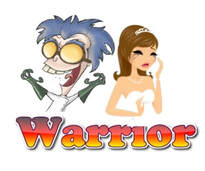
Tropes
Are you familiar with tropes? Technically, a trope is a storytelling device. It provides a timesaving method for presenting situations the listener/reader will recognize.
Why are they necessary? Before I answer this, let’s just point out a few commonplace story tropes which often appear in a couple of genres.
In the mystery genre, it is common to have characters who have been attacked, but for some unfathomable reason prefer to lie about the cause of their injuries to others. Oftentimes, motives are treated as incriminating evidence with a total lack of effort to investigate. One with which we’re very familiar is the presence of an eagle-eyed detective whose nature effortlessly solves the crime.
In the horror genre, the mad scientist is quite common. Then, of course, we have the hauntings or my personal favorite – the evil character who appears in the darkness, his presence only noticed by his glowing eyes.
So, why are they necessary? It’s accepted by most writers that using common ideas and concepts, a reader will more easily engage with the story. However, the elements unique to a particular story are what keep the reader on board. Tropes common to genres also help writers determine their genre of choice.
More general tropes are such devices used as happily ever after, rags to riches, and of course, the underdog. I saw a post in a group recently by someone who said they only read happily ever after books. I absolutely have no problem with this. After my husband passed, it seemed that every book I read featured someone’s loved one dying. I finally had to start being more particular about my choices, at least for now. It is just too hard on me.
Some tropes become overused and become more like clichés.
Clichés
Clichés can be phrases, characters, settings – anything that once was original but has been overused, distracting from the uniqueness of the story. The romance genre is well-known for turning the archetypal lover into a cliché. Love has been right there in front of the lover all the time, but she just couldn’t see it! is an example you see in books and in television movies. The bride’s best friend sleeps with the groom before the wedding or the lover is only being seduced for her money.
Archetypes
In simple terms, archetypes are the roles the characters play. For example, lovers, mentors, outlaws, rulers, explorers, sidekicks, heroes, innocents, warriors are just some of the archetypes. The problem arises with these roles when the uniqueness of the character dissolves into a stereotype. You’ve all seen this happen. Oversimplifying a character through unfounded preconceptions results in a two-dimensional character.
Conclusion
The Mad Scientist is a trope that is fast becoming a cliché. The Duped Lover is much the same. The Warrior is an archetype, which can be transformed into a trope or a cliché or a stereotype, depending on how characters are developed.
I decided to write about these terms because I see them bandied about so often in readers/writers groups. Writers may be more familiar with them out of necessity, but it’s good for readers to understand them as well, especially those of you who write reviews. It may help you understand your own reactions to the story and/or the characters.
Writers are not perfect. Most are writing because they love telling stories, putting words on paper. It is not always easy to step far enough back to assess your own story, which is why good editors do more than correct grammar and punctuation. As readers, we must strive to engage with the story and never expect it to be perfect, but if it entertains you, moves you, touches a place in your heart or mind, it has served a purpose.
Are you familiar with tropes? Technically, a trope is a storytelling device. It provides a timesaving method for presenting situations the listener/reader will recognize.
Why are they necessary? Before I answer this, let’s just point out a few commonplace story tropes which often appear in a couple of genres.
In the mystery genre, it is common to have characters who have been attacked, but for some unfathomable reason prefer to lie about the cause of their injuries to others. Oftentimes, motives are treated as incriminating evidence with a total lack of effort to investigate. One with which we’re very familiar is the presence of an eagle-eyed detective whose nature effortlessly solves the crime.
In the horror genre, the mad scientist is quite common. Then, of course, we have the hauntings or my personal favorite – the evil character who appears in the darkness, his presence only noticed by his glowing eyes.
So, why are they necessary? It’s accepted by most writers that using common ideas and concepts, a reader will more easily engage with the story. However, the elements unique to a particular story are what keep the reader on board. Tropes common to genres also help writers determine their genre of choice.
More general tropes are such devices used as happily ever after, rags to riches, and of course, the underdog. I saw a post in a group recently by someone who said they only read happily ever after books. I absolutely have no problem with this. After my husband passed, it seemed that every book I read featured someone’s loved one dying. I finally had to start being more particular about my choices, at least for now. It is just too hard on me.
Some tropes become overused and become more like clichés.
Clichés
Clichés can be phrases, characters, settings – anything that once was original but has been overused, distracting from the uniqueness of the story. The romance genre is well-known for turning the archetypal lover into a cliché. Love has been right there in front of the lover all the time, but she just couldn’t see it! is an example you see in books and in television movies. The bride’s best friend sleeps with the groom before the wedding or the lover is only being seduced for her money.
Archetypes
In simple terms, archetypes are the roles the characters play. For example, lovers, mentors, outlaws, rulers, explorers, sidekicks, heroes, innocents, warriors are just some of the archetypes. The problem arises with these roles when the uniqueness of the character dissolves into a stereotype. You’ve all seen this happen. Oversimplifying a character through unfounded preconceptions results in a two-dimensional character.
Conclusion
The Mad Scientist is a trope that is fast becoming a cliché. The Duped Lover is much the same. The Warrior is an archetype, which can be transformed into a trope or a cliché or a stereotype, depending on how characters are developed.
I decided to write about these terms because I see them bandied about so often in readers/writers groups. Writers may be more familiar with them out of necessity, but it’s good for readers to understand them as well, especially those of you who write reviews. It may help you understand your own reactions to the story and/or the characters.
Writers are not perfect. Most are writing because they love telling stories, putting words on paper. It is not always easy to step far enough back to assess your own story, which is why good editors do more than correct grammar and punctuation. As readers, we must strive to engage with the story and never expect it to be perfect, but if it entertains you, moves you, touches a place in your heart or mind, it has served a purpose.
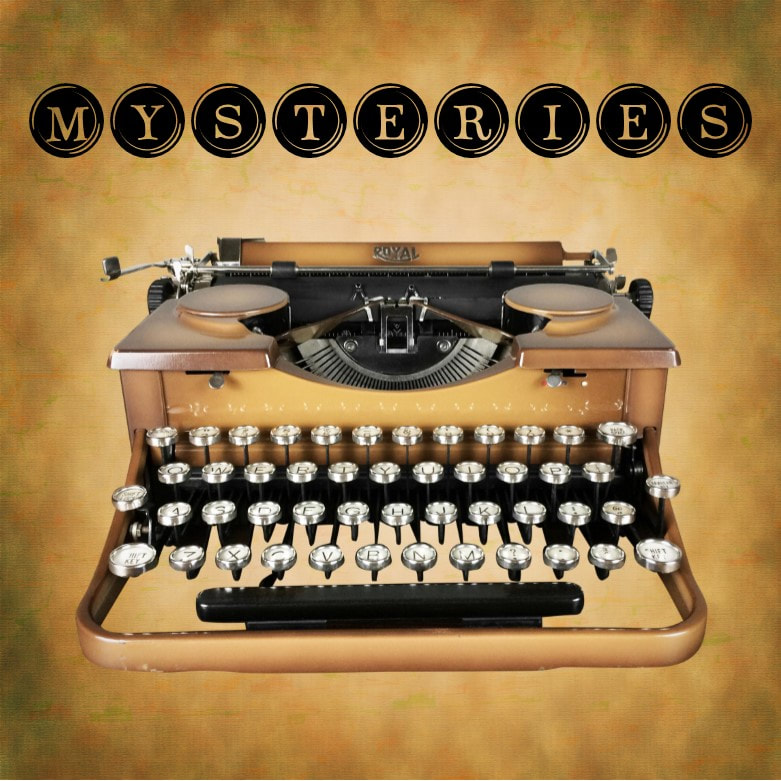
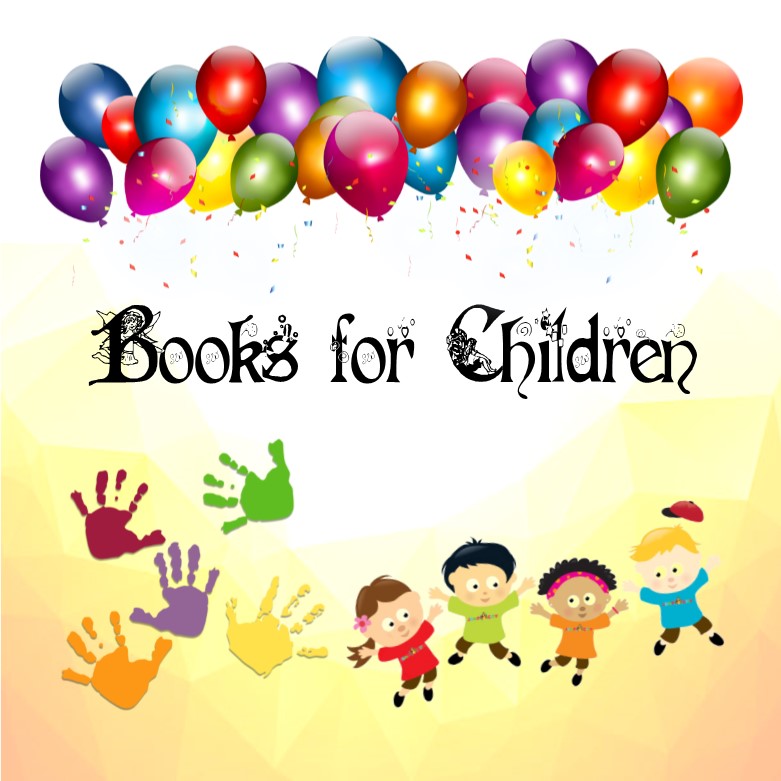
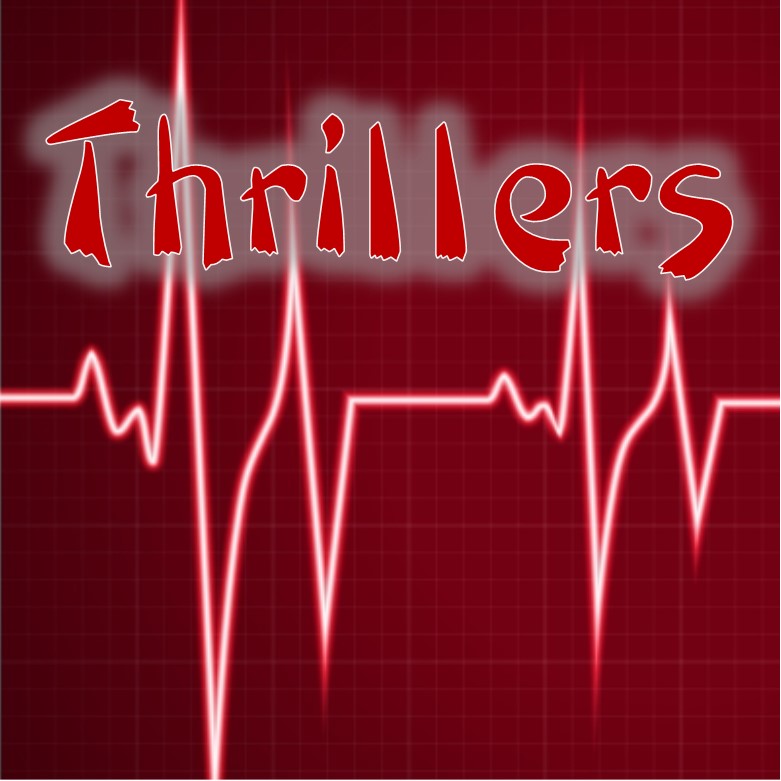
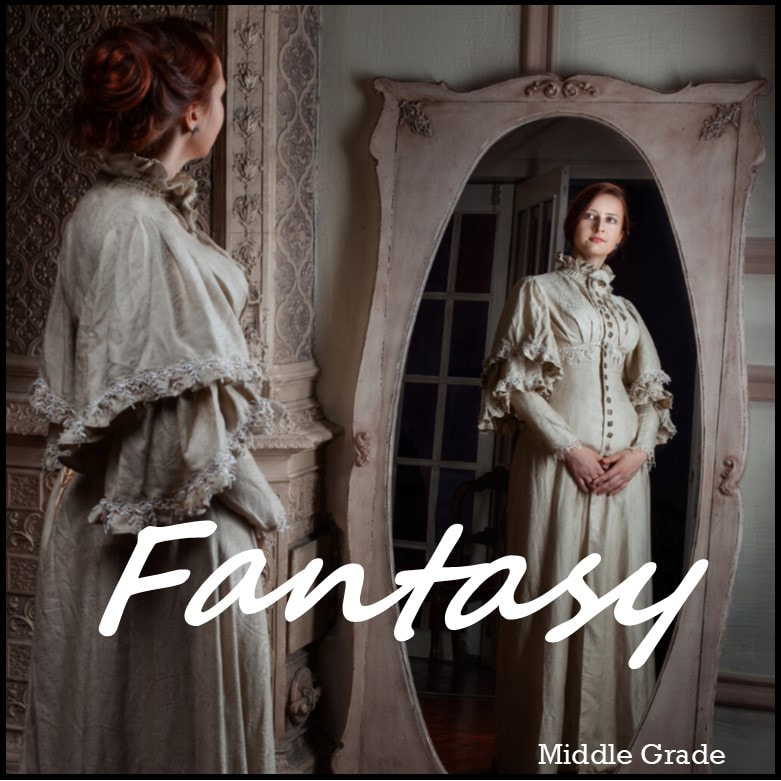

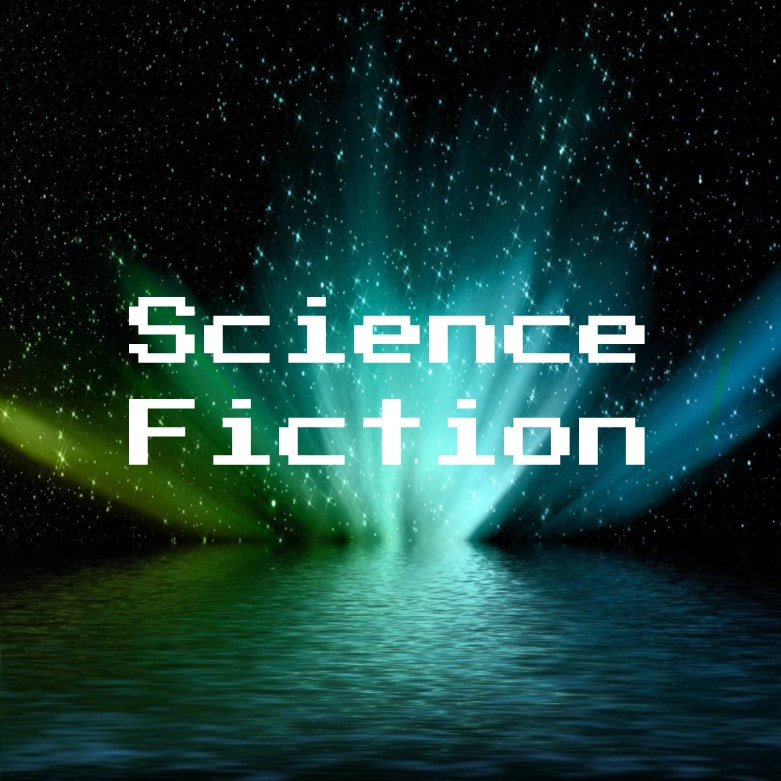
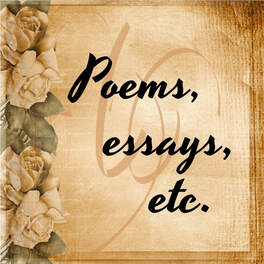
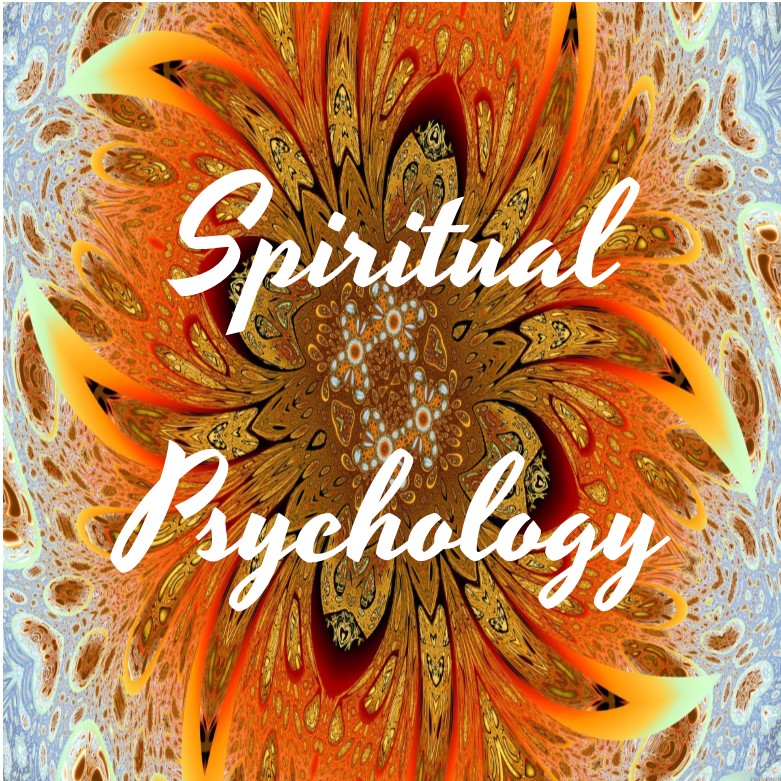

 RSS Feed
RSS Feed